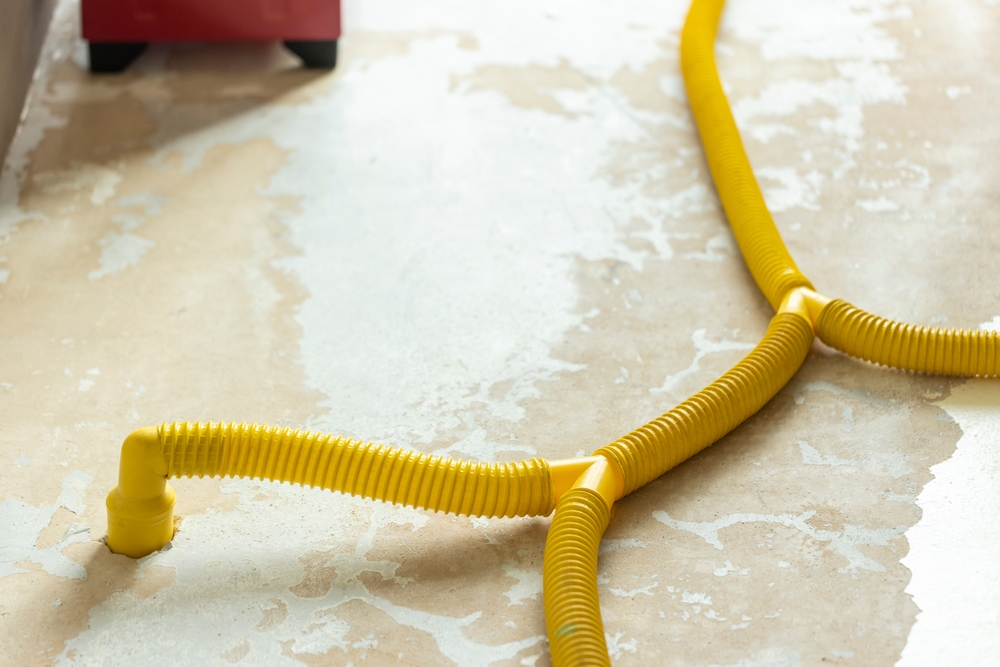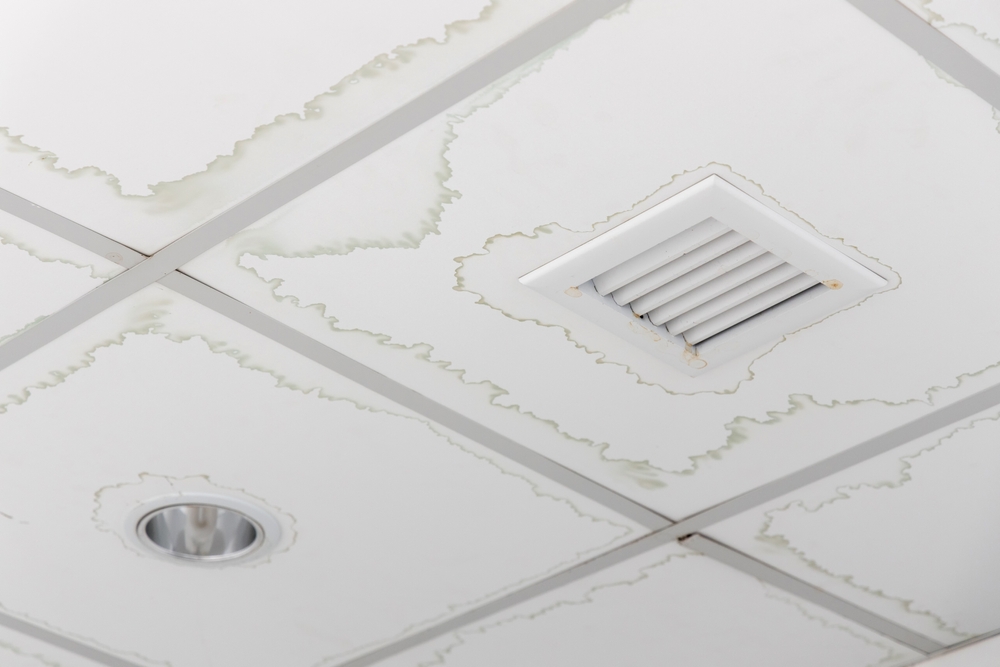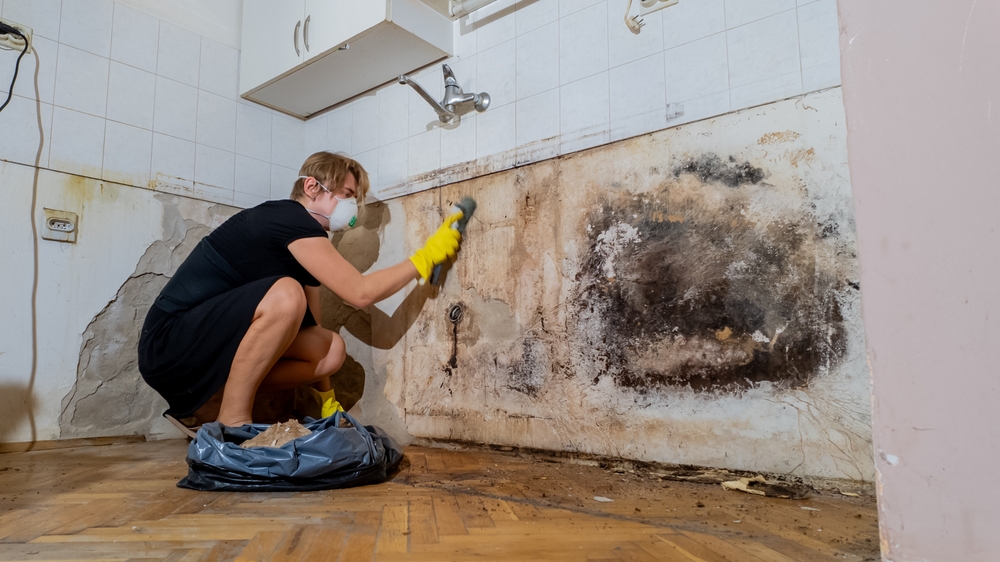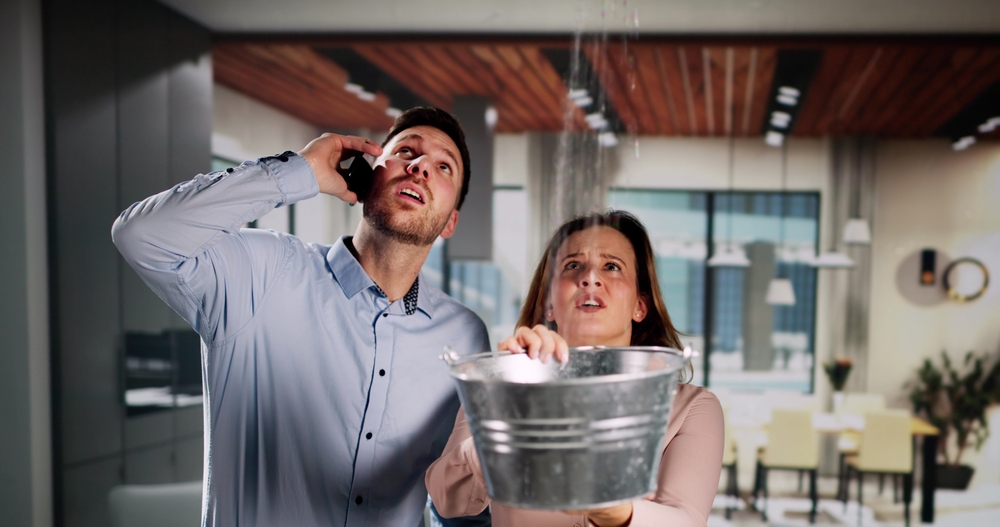Many homeowners deal with a regular occurrence: water damage. Water may sneak into our houses in surprising ways from plumbing problems to floods to heavy rain. Most people concentrate on the obvious damage—like damp carpets or peeling paint—but they sometimes ignore a major risk hiding under the surface: the effect of water on electrical equipment. Maintaining the safety of your house and guaranteeing the protection of every member within depend on an awareness of these hazards.
Water can cause dangerous circumstances resulting in major effects when it comes into touch with electrical systems. This blog post will go over the impact of water damage on electrical systems, the indicators of electrical damage you should be on lookout for, safety measures to follow, and strategies to avoid electrical hazards following a water damage occurrence. Knowing helps you to guard your house, family, and personal space.
How Water Damage Affects Electrical Systems
Short Circuits
Short circuits constitute one of the most important hazards connected to water damage. Water seeping into electrical networks can close the distance between live wires so that electricity flows where it shouldn’t. Several risky results can follow from this, including:
- Electrical Fires: A short circuit can create heat, which might ignite surrounding objects and start a fire. If the fire spreads rapidly before anyone discovers it, this is especially hazardous.
- Blown Fuses or Tripped Circuit Breakers: When a short circuit strikes, it usually results in fuses blowing or circuit breakers trips. Though it implies something is amiss, this safety feature is meant to stop overloading the electrical system.
- Damage to Appliances and Electronics: Water can also wreck your appliances and electronics. Water entering appliances like refrigerators, laptops, or TVs could cause them to malfunction and result in expensive repairs or replacements.
Corrosion
In electrical systems, corrosion—which results from metal parts degrading over time—can be brought on by water. For cables, connectors, and other components not meant to be wet, this is particularly true. Corrosion might produce:
- Reduced Electrical Conductivity: Metal parts that corrode lose their ability to conduct electricity as well. Inefficient energy consumption and additional damage to electrical systems follow from this.
- Increased Risk of Electrical Shock: Corroded wiring can reveal live wires, therefore raising the risk of electrical shock to everyone who comes into touch with the impacted regions.
- Potential for Equipment Failure: Corrosion can compromise electrical systems, increasing their susceptibility to breakdown. Unexpected outages and expensive repairs are thus possible.
Ground Faults
Also compromising your home’s grounding system is water damage. Appropriately guiding electrical current away from appliances and equipment depends on the grounding system. Water’s disruption of this mechanism raises one’s chance of electrical shock. For instance, you could get shocked if you contact an appliance contaminated by water as the grounding is no longer effective.
Contamination
Water can bring into electrical systems pollutants such chemicals, grime, or trash. This contamination could damage the operation of electrical components even more, causing failures or malfunctioning. Particularly if it is combined with sewage or other harmful elements, contaminated water might pose other health hazards.

Signs of Electrical Damage After Water Intrusion
Monitoring your electrical systems for damage is crucial if water finds its way into your house. These are some important signs to be on lookout:
- Tripped Circuit Breakers or Blown Fuses: If you find that your fuses blow consistently or that your circuit breakers trip, it could point to a water damage-related issue.
- Dimming or Flickering Lights: If your lights are dimming or flickering suddenly, this could be an indication of electrical damage or instability in your system.
- Burning Smells or Unusual Noises from Electrical Outlets: Severe electrical damage may be indicated by burning smells or unusual noises from electrical outlets if you smell something burning or hear buzzing or crackling from outlets.
- Shocks When Touching Appliances or Electrical Fixtures: A clear warning indication that anything is wrong is a jolt one gets while touching an appliance or fixture. One should refrain from utilizing the afflicted device until it has undergone inspection.
- Discolored or Damaged Electrical Outlets or Switches: Look for discoloration or physical damage surrounding plugs and switches in your electrical system. This might suggest water damage or overheating.
- Visible Signs of Water Damage Around Electrical Panels or Wiring: Clearly visible indicators of water damage around electrical panels or wiring You should act if you find dampness, mold, or water stains around your electrical panels or wiring.
Safety Precautions After Water Damage
Safety should take front stage if you believe water has compromised your electrical systems. These are some basic safety tips after water damage:
- Turn Off the Main Electrical Breaker: If you believe water damage exists, the first action is to switch off the main electrical breaker therefore cutting off electricity to your house. This will assist to avoid fires or electrical shocks.
- Do Not Attempt to Operate Any Electrical Appliances or Devices: Steer clear of operating any electrical appliances or equipment until a certified electrician has checked them. They could be dangerous even if they look dried.
- Avoid Touching Any Electrical Fixtures or Wiring: Steer clear of touching any electrical fixtures or wires if you find indications of water damage. Water can produce latent dangers invisible at first glance.
- Contact a Qualified Electrician for Inspection and Repairs: See a qualified electrician for repairs and an inspection. One should have a licenced electrician evaluate the matter. They point out any damage and provide the suitable fixes.
- Do Not Attempt to Dry Out Electrical Equipment Yourself: TDon’t try to dry out your own electrical equipment. Attempting to dry out electrical equipment on your own without expert advice might be risky. Better still, let the professionals handle this.

Preventing Electrical Hazards After Water Damage
Think about these precautionary steps to reduce the electrical hazards’ chances after water damage:
- Professional Water Damage Restoration: Call in experts for water damage restoration following a water intrusion. They guarantee that all the moisture is eliminated by fully drying and dehumidifying impacted areas. This stops mold from developing and additional harm to electrical systems.
- Electrical System Inspection and Repair: A licenced electrician should check the electrical system once the area has dried. Their ability to spot and fix any wire, outlet, or other component damage guarantees that everything is safe and operational.
- Equipment Replacement: Every item or gadget that has come into touch with water should be checked. Should damage arise, replacing them is safer than running the danger of more problems.
- Regular Electrical Safety Inspections: If you reside in a region prone to flooding or water damage, specifically, think about planning frequent electrical safety inspections. Regular evaluations enable the identification of possible problems before they become major ones.
Conclusion
Electrical systems in our houses are quite vulnerable from water damage. Maintaining safety and avoiding maybe fatal events depend on an awareness of these risks. Water and electricity do not mix, hence disregarding water damage can have severe results including shock dangers, electrical fires, and expensive repairs.
Safety has to be given top priority following any water damage event. For evaluation and repair of electrical systems, always consult experts. Early action will help you to guard your house and guarantee family safety. See a trained electrician without delay to help you negotiate the difficulties presented by water damage.
Philadelphia Restoration Services
https://www.google.com/maps?cid=3399342399556699153
+1 267 668 0013
https://philadelphiarestorationservices.com/


